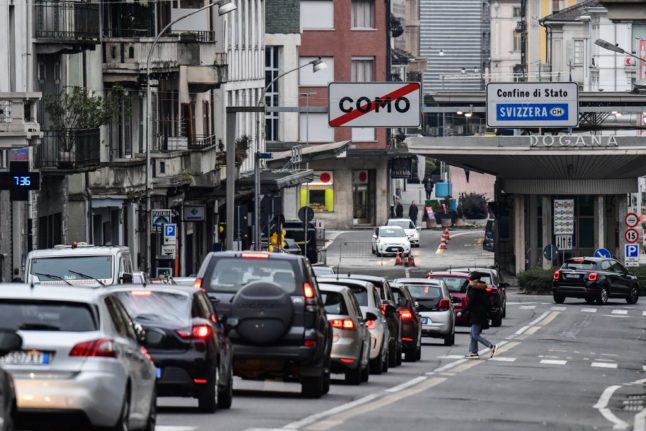Curevac has asked Switzerland to approve its vaccine
The German manufacturer has submitted an application for the authorisation of its Covid-19 vaccine, Switzerland’s drug surveillance agency, Swissmedic, announced.
The vaccine is now under rolling review, which means Swissmedic is evaluating all the scientific data as soon as it becomes available, without having to await the final results of the clinical trials.
Curevac’s technology — mRNA— is similar to that of Moderna and Pfizer / Biontech vaccines currently used in Switzerland, and it is also administered in two doses.
There’s no timeline for approval, as it depends “on the completeness of the data submitted by CureVac and the results of the clinical trials”, according to Swissmedic.
Switzerland speeds up the creation of the vaccine passport
The Federal Office of Public Health (FOPH) is working out this week the form that the future vaccination certificate should take, so that it is recognised at Swiss and international level.
The Parliament already established the legal basis for the vaccination certificate during its spring session in March.
So far, around 50 options have been proposed to the Federal Council, and it is now up to FOPH to choose the most appropriate one.
READ MORE: ‘Green pass’: Everything you need to know about the coronavirus immunity card in Switzerland
Just what Switzerland needs: another chocolate
For those who believe there are not enough chocolate varieties in Switzerland, Coop supermarket chain is launching its own brand called “Halba – Le Chocolatier Suisse”.
Offered under Coop’s “Qualité et Prix” (Quality and Price) label, the bars are CO₂ neutral and don’t contain palm oil.
In addition to classic milk chocolate, there are also dark and white variations, along with caramelised pistachios and roasted corn.
A 100-gramme bar costs under 2 francs.
🍫 Halba – Le Chocolatier Suisse: Die neue Schoggi für die Schweiz. Heute präsentieren wir unsere neue Schokoladen-Marke. Sie steht für puren Genuss, Schweizer Qualität und feinste Zutaten 😋. Alle Infos ➡️ https://t.co/6vJxp0vtrq pic.twitter.com/bQVTmRH79I
— coop_ch (@coop_ch) April 19, 2021
A new proposal to allow Ticino residents to go to Italy without the Covid test
All people entering Italy from abroad must have a negative coronavirus test. But Alessandro Alfieri, a deputy from Varese in Italy’s Lombardy region, asked national authorities to wave the test requirement for Swiss residents who live within 20 km of the Italian border — the same exemption as granted to cross-border workers.
The request was made to “restart the entire border economy severely affected by the restrictions”, Alfieri told Corriere del Ticino.
A similar arrangement is in place on Switzerland’s border with France, where Swiss residents living within 30 km of a French destination are not required to have a Covid test.
If you have any questions about life in Switzerland, ideas for articles or news tips for The Local, please get in touch with us at news@thelocal.



 Please whitelist us to continue reading.
Please whitelist us to continue reading.
Member comments